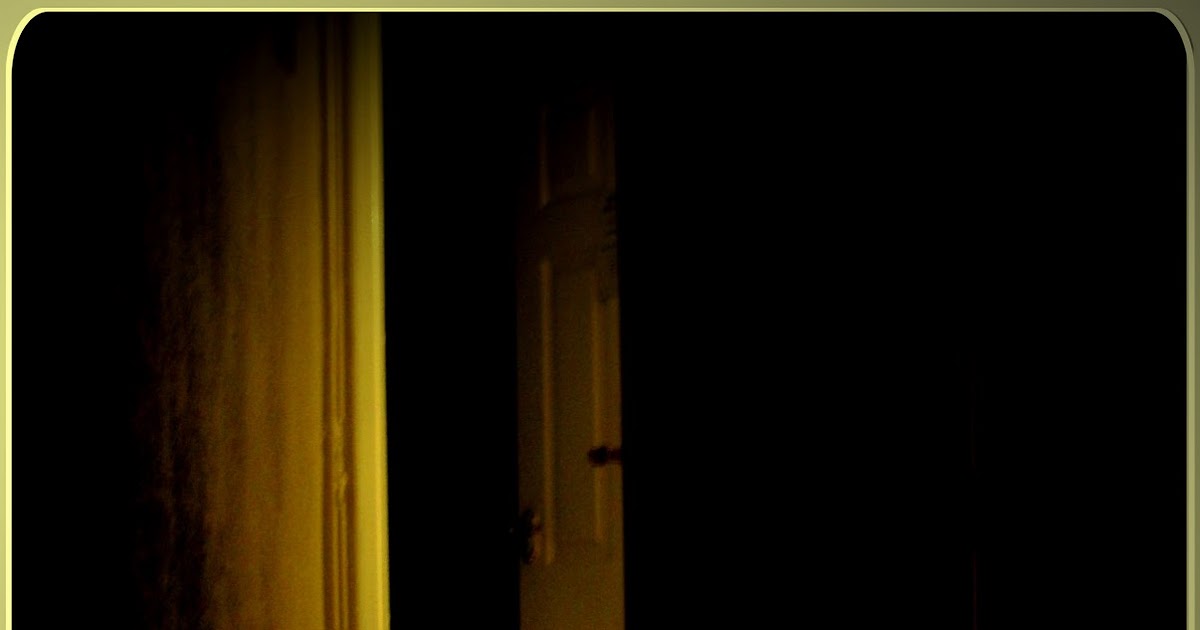

We can’t be certain Flynn is innocent we can’t get proof he’s guilty.
#Cast shadows of doubt on love full
Once Streep confronts Hoffman, however, Shanley’s directing of actors is on full display in a scene that’s tense, awkward, and all-around engrossing.īut when every character besides Flynn lacks complexity, it’s difficult for the priest to exist in a grey area. Aloysius is all too happy to jump to conclusions-conclusions an audience would easily jump to as well, considering by the time Doubt released the Catholic Church was reeling from accusations that they had systematically protected priests who abused children.Īdapted from Shanley’s play of the same name, Doubt attempts to cast an air of ambiguity over its central tension: Did Flynn molest Miller? How can James and Aloysius prove it? Cinematographer Roger Deakins doubles down on his usual Dutch angles and obtruding lines bisecting the frame, and this isn’t one of those movies that still feels like it’s stuck on the stage.

Then she spots Flynn placing an undershirt in the kid’s locker. When he returns, she smells alcohol on his breath. It’s not long until Sister James does notice something out of the ordinary: Donald Miller (Joseph Foster), the school’s first Black student, is called to Flynn’s office during class. She hates Father Flynn’s unkempt fingernails and the cubes of sugar he takes in his tea. Aloysius rails against ballpoint pens and transistor radios, advising Sister James to keep constant vigilance over her classroom. She loves the strict nature of her work and not just the power she wields over not just the schoolchildren, but the power over her fellow nuns too. The very first words we hear him ask are, “What do you do when you’re not sure?”īut Aloysius does not doubt. Flynn’s charming and personable, addressing his congregation in clear, human tones. Set in 1964 at a Catholic school and church in the Bronx, wide-eyed nun Sister James ( Amy Adams) feels trapped between her superior, the draconian Sister Aloysius ( Meryl Streep) and her parish priest, the relatively hip Father Flynn (Hoffman). The actor spoiled us-maybe that’s why John Patrick Shanley’s priest drama left me a little cold. He and Charlie Kaufman left it all on the dance floor with Synecdoche, New York, and by the time Doubt rolled around, Hoffman didn’t have to prove he was one of the great actors of the twenty-first century.

Then he turned in some of his strongest work with Tamara Jenkins on The Savages before co-starring in the final films from both Mike Nichols and Sydney Lumet, legendary filmmakers any actor would’ve killed to collaborate with. Two years earlier he’d won an Oscar for Capote next, he took an effective, menacing turn in a big blockbuster. By late 2008 Philip Seymour Hoffman was on a hot streak.


 0 kommentar(er)
0 kommentar(er)
